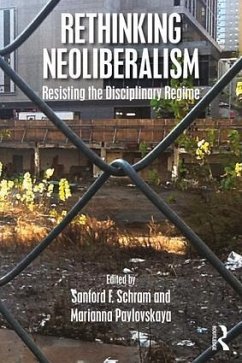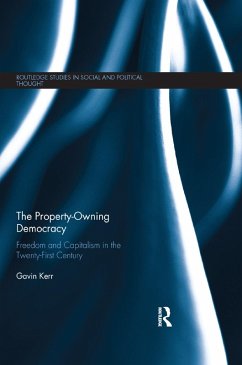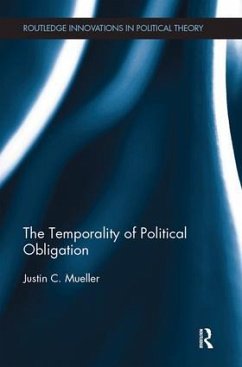
A Phenomenology of Institutions
Relationality and Governance in China and Beyond
Versandkostenfrei!
Versandfertig in 1-2 Wochen
59,99 €
inkl. MwSt.
Weitere Ausgaben:

PAYBACK Punkte
30 °P sammeln!
To a degree insufficiently captured by the term governance, the present age is one of institutional complexity. China is a case in point. An amalgam of socialist, capitalist, corporatist, and pluralist characteristics, China's systems of governance defy classification using extant categories in the institutionalist literature. What, after all, is a socialist market system? A Phenomenology of Institutions begins with the problem of describing emergent institutional phenomena using conventional typologies. Constructing a new descriptive framework for rendering new, hybrid, and flexible instituti...
To a degree insufficiently captured by the term governance, the present age is one of institutional complexity. China is a case in point. An amalgam of socialist, capitalist, corporatist, and pluralist characteristics, China's systems of governance defy classification using extant categories in the institutionalist literature. What, after all, is a socialist market system? A Phenomenology of Institutions begins with the problem of describing emergent institutional phenomena using conventional typologies. Constructing a new descriptive framework for rendering new, hybrid, and flexible institutional designs, Raul Lejano, Jia Guo, Hongping Lian, and Bo Yin propose new descriptors, involving concepts of autopoeisis, textuality, and relationality, that might better describe new and emergent models of governance. The authors illustrate the utility of this framework with a number of case studies, each dealing with a different aspect of Chinese legal and civic institutions and comparing these with 'Western' models. This book will be a valuable resource for institutional scholars in the fields of public policy, political science, organization studies, public administration, and international development, studying new and emergent forms of governance.














